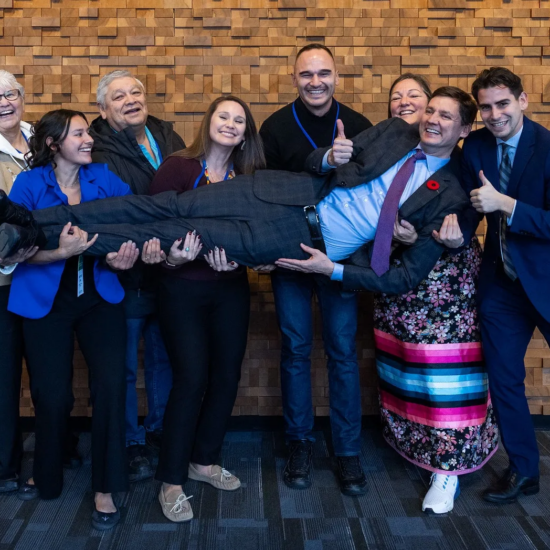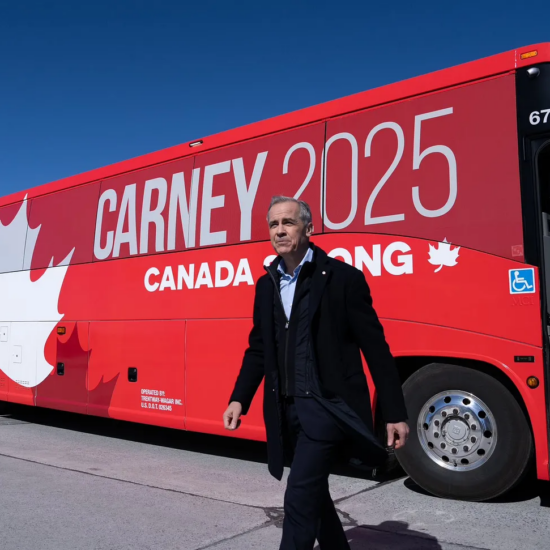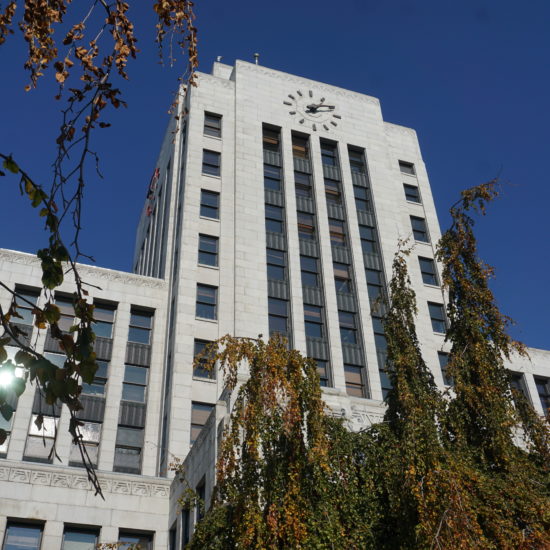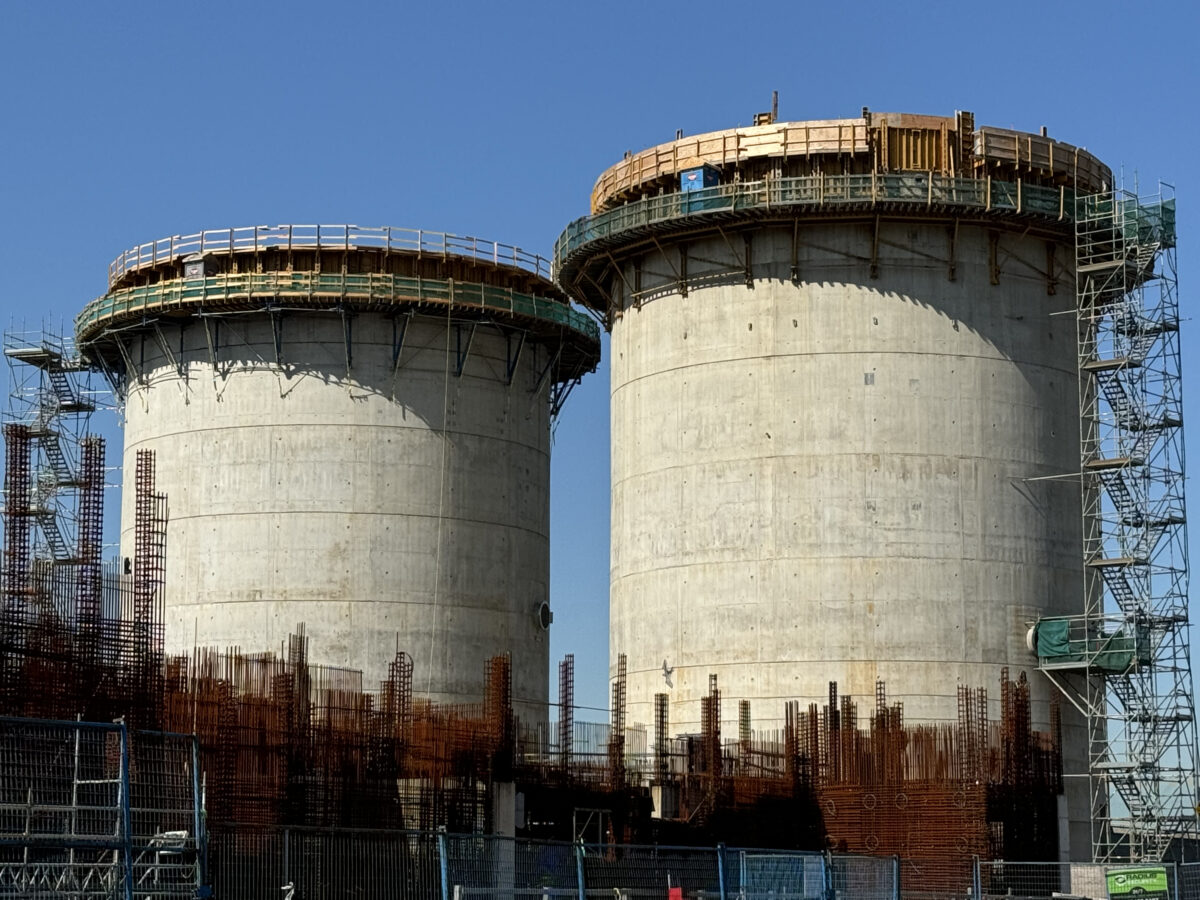
Briefly: The 2016 federal agreement to fund a third of North Shore Wastewater Treatment Plant costs requires Metro Vancouver to pay for all overruns.
Originally budgeted at $700 million for a 2020 completion, Metro Vancouver revealed in March that it would take until 2030 and cost $3.86 billion to complete.
A New Westminster city councillor is encouraged the agreement could open the door for an independent federal audit.
Bob Mackin
Metro Vancouver has not claimed $31.3 million owed from from the federal government under an eight-year-old agreement to fund a third of the North Shore Wastewater Treatment Plant project.
A copy of the September 2016 agreement, obtained under freedom of information, said $636.9 million of the original $700 million budget was deemed eligible under a federal program that would pay $212.3 million.
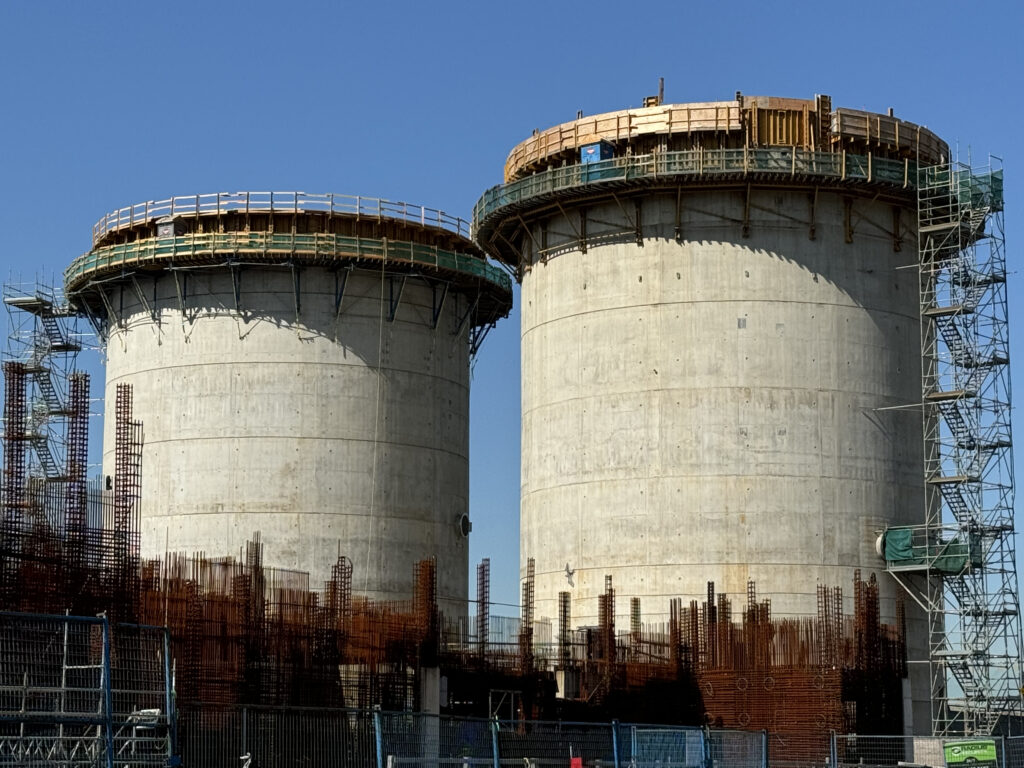
North Shore Wastewater Treatment Plant construction site on July 10, 2024 (Mackin)
However, on March 22, Metro Vancouver commissioner Jerry Dobrovolny announced the project would cost $3.86 billion and not be finished until 2030 — more than five times the original budget and 10 years later than promised. Dobrovolny blamed materials and labour inflation and the 2022 firing of original builder Acciona. The two sides are suing each other.
Dobrovolny deferred a reporter’s questions about the agreement to the Metro Vancouver communications office. Spokesperson Jillian Glover said “we have claimed $181 million to date.”
She said $21.3 million, or 10%, is held back by the federal government until Metro Vancouver fulfils its side of the agreement. The remaining $10 million will be sought during the current fiscal year.
The agreement was originally scheduled to expire March 31, 2024, but, in December 2020, it was extended to the end of March 2028.
Despite the costs ballooning, Glover said the federal government has not suspended its funding obligation, withheld any payments or denied any claims. It also did not trigger the default clauses.
But the contract is clear about one thing: “The recipient will be responsible for all costs of the project including cost overruns, if any.”
At the time of the agreement, the project was aimed at meeting a federal deadline of Dec. 31, 2020 for secondary level treatment by replacing the 1961-built primary treatment facility on Squamish Nation land near the Lions Gate Bridge. Metro Vancouver has since upgraded the plan to tertiary treatment.
“The current plant is considered to be high risk under Environment Canada’s Wastewater System Effluent Regulations (WSER),” the agreement said.
The federal money was supposed to be paid out in different sums annually over eight fiscal years, from 2016-17 to 2023-24, and help to acquire, plan, design and construct the plant and pay for federal communication activities, such as project signage.
“The parties acknowledge that Canada’s role in the project is limited to making a financial contribution to the recipient for the project and that Canada will have no involvement in the implementation of the project or its operation. Canada is neither a decision-maker nor an administrator to the Project,” said the agreement.
Metro Vancouver agreed to eight commitments, including “completion of the project in a diligent and timely manner as per applicable standards within the costs and deadlines specified in this agreement and in accordance with the terms and conditions of this agreement.”
There were several accountability mechanisms built-in, such as an oversight committee co-chaired by federal and Metro representatives, the submission of no fewer than two progress reports annually and to provide the federal government and auditor general “reasonable and timely access to the project sites, facilities, and any documentation for the purposes of audit, inspection, monitoring, evaluation, and ensuring compliance with this agreement.”
The requirement to open the books to the auditor general is significant, according to a New Westminster city councillor demanding transparency and accountability about the project and overall reform of Metro Vancouver’s governance.
“The fact that the feds are holding on to that $31 million or that Metro hasn’t claimed it is newsworthy to me,” said Coun. Daniel Fontaine of the New West Progressives. “I’m wondering if they can even get that $31 million back.”
Fontaine said he also wants to see the province’s agreement. However, Metro Vancouver is holding onto that until consultations with the province are over. Metro Vancouver’s Aug. 16 FOI response letter said the deadline is Sept. 13, just over a week before the Legislature is scheduled to be dissolved so that the provincial election campaign can formally begin.
Fontaine said he is also encouraged that there should be other public documents generated from the reporting and oversight requirements.
“So it does appear the Auditor General of Canada can do an audit, but of course, it is at their discretion as to if or when,” he said. “I think typically they would do so at the end of a project rather than mid-stream, but that would be up to them.”
Support theBreaker.news for as low as $2 a month on Patreon. Find out how. Click here.







